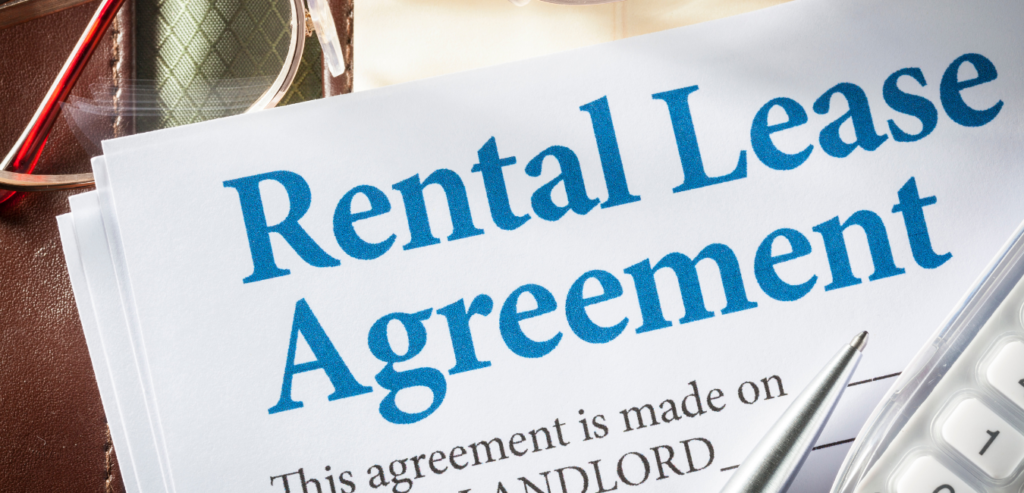Entering into a residential lease agreement is a significant step for both tenants and landlords. Understanding your rights and responsibilities is crucial to ensure a smooth and harmonious rental experience. Here are some essential tips for navigating residential lease agreements:
1. Read and Understand the Lease Thoroughly: Before signing, carefully read the entire lease agreement. Pay attention to terms related to rent, security deposits, maintenance responsibilities, and rules and regulations. Seek clarification from the landlord or a legal professional if anything is unclear.
2. Document the Property’s Condition: As a tenant, document the property’s condition with photos or videos before moving in. This can help prevent disputes over security deposit deductions when you move out. Landlords should also maintain records of the property’s condition for reference.
3. Know Your Rent Payment Terms: Familiarize yourself with the rent payment terms, including due dates, acceptable payment methods, and consequences for late payments. Prompt rent payments are essential to maintain a positive tenant-landlord relationship.
4. Understand Maintenance and Repairs: Clarify who is responsible for specific maintenance and repair tasks in the lease agreement. Typically, landlords handle structural and major repairs, while tenants are responsible for day-to-day upkeep.
5. Comply with Notice Periods: Both tenants and landlords must adhere to notice periods for actions like terminating the lease, eviction, or rent increases. Understanding and following these notice requirements is critical to avoid legal complications.
6. Consult a Real Estate Lawyer: If you encounter disputes or issues that cannot be resolved through communication, seek legal advice. An experienced real estate lawyer can provide guidance, negotiate on your behalf, and protect your rights in legal matters.
Navigating a residential lease agreement can be complex, but being informed and proactive can help prevent conflicts and ensure a positive rental experience. If you have questions or need legal assistance regarding lease agreements, don’t hesitate to reach out to us at MLK Law for expert guidance and support. Your peace of mind is our priority.

